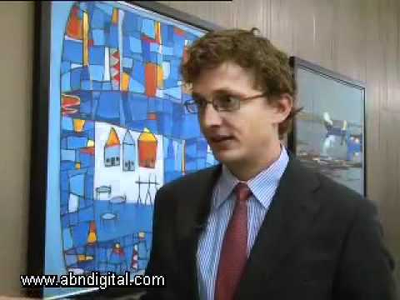This post is announcing an invitation to members of the public, to participate in the Workshop and Conference on Youth and Development in Africa: Investing in New Technologies of Information and Communication holding at UNESCO.
The Workshop and Conference on Youth and Development in Africa: Investing in New Technologies of Information and Communication (“Journées Jeunesse et Dèveloppement en Afrique: le numérique et les NTIC”), will be held 10-11 February 2015 at UNESCO Headquarters, Paris. In addition to UNESCO senior managers, experts who have confirmed participation include eminent African scientists, Adviser to the President of Congo, Jacques Atali, Managing Directors of companies and Former African Ministers.
The events are joint operations of the International Union of Technical Associations and Organisations (UATI) created by UNESCO in 1951, the International Union of Engineers and Scientists using the French language (UISF) and the International Council of Education, Science and Technology (ICEST).
Within the framework of its programme “Education, Science and Technology for Development in Africa (ESTDA)”, UATI/UISF/ICEST Consortium will be addressing priority issues on youth and development and the first issue concerns the role of New Technologies of Information and Communication (NTICs) in improving the learning and employment opportunities for the rapidly growing youth population in Africa. The discussion and presentations at the Workshop (afternoon of 10 February) and Conference (11 February) will contribute to the elaboration of project activities which will be implemented in cooperation with the UNESCO Africa Department and Programme Sectors, in accordance with the framework agreement signed with UNESCO.
Participants are enjoined to send their registration forms directly to: gilles.m.robert@free.fr with a copy to f.osoti mehin@gmail.com
Click here to view and download the Background Document and Concept note in French and English




